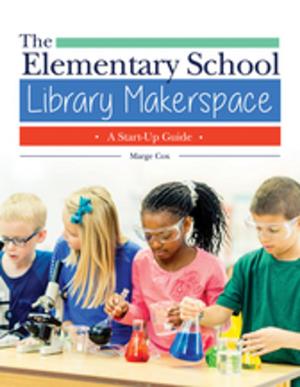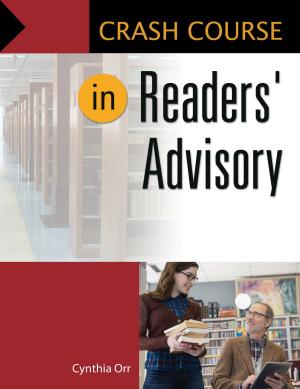The Evolution of Inquiry: Controlled, Guided, Modeled, and Free
Controlled, Guided, Modeled, and Free
Nonfiction, Reference & Language, Language Arts, Library & Information Services, Study & Teaching| Author: | Daniel Callison | ISBN: | 9781610693875 |
| Publisher: | ABC-CLIO | Publication: | May 26, 2015 |
| Imprint: | Libraries Unlimited | Language: | English |
| Author: | Daniel Callison |
| ISBN: | 9781610693875 |
| Publisher: | ABC-CLIO |
| Publication: | May 26, 2015 |
| Imprint: | Libraries Unlimited |
| Language: | English |
Information inquiry is a basic skill for those who examine information as a science, and its principles can be applied across the K-12 curriculum. Built around reflective reviews of more than two dozen articles from School Library (Media Activities) Monthly, this helpful book shows the evolution, adoption, and application of the inquiry learning process to the school library teaching/learning environment. Four levels of inquiry—controlled, guided, open, and free—are explored in association with the emerging national Common Core curriculum and the Standards for the 21st-Century Learner from the American Association of School Librarians.
With the growing interest in the concept of inquiry and inquiry learning, you may find yourself needing to distinguish between the existing models and their applications. To help you do that, the book provides you with rich, historical context that clarifies the models, and it also projects future applications of inquiry and learner-centered teaching through school information literacy programs. These new applications, such as graphic inquiry, argumentation for inquiry, and the student as information scientist, offer tangible examples you can use to enrich the expanding information literacy curriculum.
Information inquiry is a basic skill for those who examine information as a science, and its principles can be applied across the K-12 curriculum. Built around reflective reviews of more than two dozen articles from School Library (Media Activities) Monthly, this helpful book shows the evolution, adoption, and application of the inquiry learning process to the school library teaching/learning environment. Four levels of inquiry—controlled, guided, open, and free—are explored in association with the emerging national Common Core curriculum and the Standards for the 21st-Century Learner from the American Association of School Librarians.
With the growing interest in the concept of inquiry and inquiry learning, you may find yourself needing to distinguish between the existing models and their applications. To help you do that, the book provides you with rich, historical context that clarifies the models, and it also projects future applications of inquiry and learner-centered teaching through school information literacy programs. These new applications, such as graphic inquiry, argumentation for inquiry, and the student as information scientist, offer tangible examples you can use to enrich the expanding information literacy curriculum.

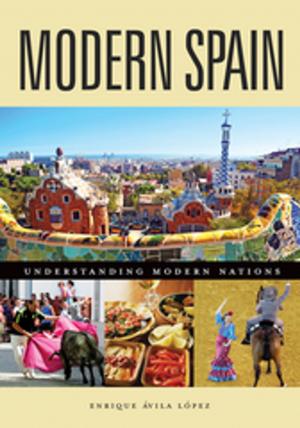
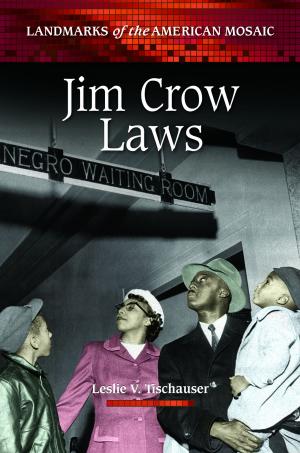
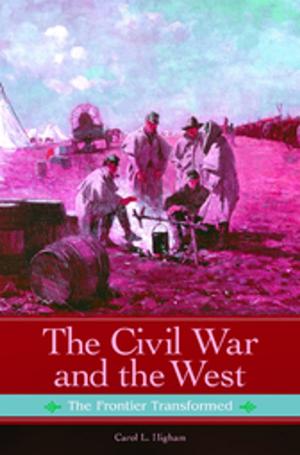
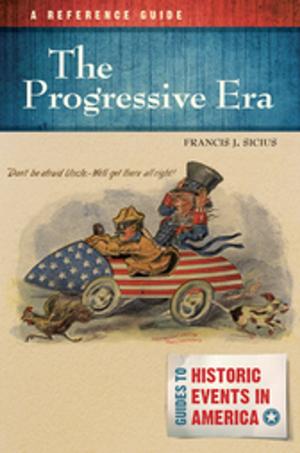


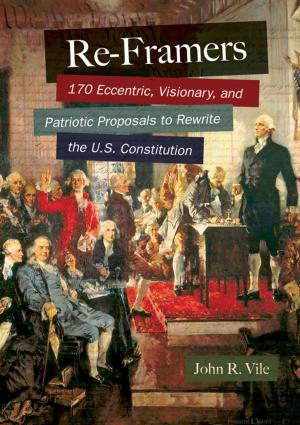
![Cover of the book The Spiritualist Movement: Speaking with the Dead in America and around the World [3 volumes] by Daniel Callison](https://www.kuoky.com/images/2013/august/300x300/9780313399480-Se2G_300x.jpg)
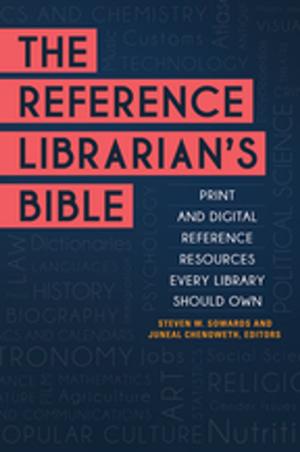
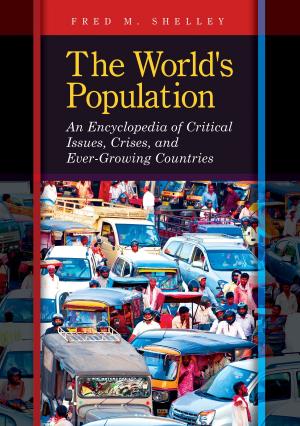


![Cover of the book "White" Washing American Education: The New Culture Wars in Ethnic Studies [2 volumes] by Daniel Callison](https://www.kuoky.com/images/2016/october/300x300/9781440832567-I2Ur_300x.jpg)
